Get Clear Answers from a Gear Guru About Helmet Certifications for Better Protection
When you’re out biking, skiing, or participating in any activity that requires head protection, having a certified helmet is crucial. Helmet certifications ensure that the gear you’re using meets specific safety standards designed to protect you in case of an accident.
Helmet Certification Standards
CPSC: Consumer Product Safety Commission
The CPSC certification is mandatory for all bicycle helmets sold in the United States. This certification guarantees that helmets can withstand significant impact forces, have adequate retention systems, and provide extensive coverage. Helmets with this certification undergo rigorous testing for impact absorption, strap strength, and shell durability, ensuring they offer a high level of protection for cyclists.
LIVALL's smart helmets are CPSC certified, ensuring complete protection for cyclists, skiers, and motorcycle riders."
The CPSC standards are designed to reduce the risk of head injuries by ensuring the helmet can absorb the shock of an impact. This certification means that the helmet has been tested under extreme conditions to simulate real-life accidents, giving you peace of mind while riding.

DOT: Department of Transportation
The DOT certification is a requirement for motorcycle helmets in the United States. This certification signifies that the helmet can protect the head in the event of a motorcycle crash. The DOT standard tests for factors such as impact attenuation, penetration resistance, and retention system effectiveness.
Helmets that meet DOT standards provide reliable protection for motorcyclists, making them essential for safety on the road. The rigorous testing includes dropping the helmet from various heights and angles to ensure it can withstand different types of impacts. DOT-certified helmets are designed to stay intact and provide protection even at high speeds, which is critical for motorcyclists.

Snell Memorial Foundation
The Snell certification is a voluntary standard that often exceeds governmental requirements. It covers various types of helmets, including those used in auto racing, karting, and motorcycling. Snell-certified helmets undergo more stringent testing compared to other certifications, ensuring they offer superior protection. The tests include multiple impact scenarios, rotational stability, and flame resistance for certain helmet types.
The Snell Foundation continuously updates its standards based on the latest research and technological advancements, ensuring that their certified helmets provide the highest level of safety available. Wearing a Snell-certified helmet means you're using a product that has been proven to offer top-tier protection in the most demanding conditions.

ASTM: American Society for Testing and Materials
ASTM certification applies to a wide range of helmets, including those used in sports like snowboarding, skiing, and skateboarding. ASTM standards focus on impact performance, retention system strength, and environmental durability. Helmets meeting ASTM standards are designed to provide reliable protection across various sports, making them versatile and trustworthy.
The ASTM tests include exposing the helmet to extreme temperatures and humidity to ensure it performs well in different environments. This certification ensures that the helmet can withstand multiple impacts, making it ideal for sports where falls and collisions are common. When you see an ASTM certification, you know the helmet is built to handle the rigors of active sports.

EN: European Standards
EN certifications are common in Europe and cover multiple helmet types, including cycling, equestrian, and industrial safety helmets. The EN 1078 standard, for example, applies to bicycle helmets and includes tests for shock absorption, retention system performance, and field of vision. Helmets with EN certification meet the strict safety requirements set by European regulatory bodies, ensuring high levels of protection for users.
The EN standards are designed to harmonize safety regulations across Europe, providing consistent protection for helmet users. These helmets are tested for their ability to protect against sharp objects and crushing forces, ensuring comprehensive safety. An EN-certified helmet means it has met the stringent safety standards required to be sold in the European market.

CE Marking
The CE Marking indicates that a helmet complies with the essential health and safety requirements of European directives. While not a certification per se, the CE Marking signifies that the helmet meets the necessary standards for being sold within the European Economic Area. This mark is often seen alongside other European certifications, providing an additional layer of assurance for consumers.
The CE Marking covers a wide range of safety aspects, including materials used, manufacturing processes, and overall design. Helmets with the CE Marking have been tested for their effectiveness in preventing head injuries, ensuring they offer reliable protection in various conditions. This marking is a clear indication that the helmet has passed rigorous quality and safety checks.
AS/NZS: Australian/New Zealand Standards
The AS/NZS certification applies to helmets sold in Australia and New Zealand. These standards are known for their rigorous testing procedures, particularly for impact and retention system performance. Helmets certified to AS/NZS standards are considered some of the safest in the world, offering excellent protection for cyclists and other helmet users.
The testing procedures include subjecting the helmet to extreme impact forces and ensuring the retention system remains secure during a crash. AS/NZS-certified helmets also undergo environmental testing to ensure they can withstand harsh conditions. Choosing a helmet with this certification means you're opting for a product that offers top-notch safety, backed by some of the most stringent standards globally.

Why These Certifications Matter
These certifications are designed to ensure your safety in real-world scenarios. They test helmets in ways that mimic the types of impacts and forces you might experience during an accident. For instance, a helmet certified by the CPSC or Snell has been through rigorous trials that simulate head-on collisions, falls from significant heights, and impacts with various surfaces.
This ensures that the helmet can effectively reduce the risk of head injuries, potentially saving your life. Moreover, these certifications also ensure the durability and reliability of the helmet's retention system, which keeps the helmet securely in place during an impact. Knowing that your helmet has passed these stringent tests provides peace of mind, allowing you to focus on your activities without worrying about safety.
Which Certification is Better?
If you’re a motorcyclist, a DOT or Snell certified helmet is crucial because these certifications involve extensive testing for high-speed impacts and rotational forces, offering superior protection. On the other hand, if you’re a cyclist, a CPSC certification might be more relevant, as it is tailored to the specific types of impacts cyclists are likely to experience.
Snell certifications are often considered the gold standard due to their rigorous and comprehensive testing procedures, but they are not mandatory, which means you might not always find them on every helmet. ASTM and EN certifications are also excellent indicators of safety for sports helmets, providing reliable protection across various activities. Ultimately, the best certification is the one that matches your activity and provides the highest level of protection for the specific risks involved.
Choosing the Right Helmet Certification
When selecting a helmet, it's essential to consider the activity you'll be engaging in and the specific certification that applies to it. Here’s a quick guide:
Cycling: Look for CPSC or EN 1078 certified helmets to ensure they meet the necessary safety standards for bicycle use.
Motorcycling: Ensure the helmet has a DOT or Snell certification, which guarantees protection in high-speed impacts and crashes.
Snow Sports: Check for ASTM or CE Marking to ensure the helmet can handle the cold and impacts typical in skiing and snowboarding.
Equestrian: Opt for EN certified helmets that are specifically designed to protect against falls and impacts in horse riding.
General Safety: Consider AS/NZS standards for top-notch protection, particularly in diverse environmental conditions.
FAQs
What is the most critical helmet certification for cyclists in the US?
The CPSC certification is the most critical for cyclists in the US, ensuring the helmet meets rigorous safety standards for impact protection and retention.
How do Snell-certified helmets differ from DOT-certified helmets?
Snell-certified helmets undergo more stringent testing than DOT-certified helmets, offering higher levels of impact protection and overall safety. Snell tests include multiple impact scenarios and rotational stability, which are not always covered by DOT standards.
Are CE Marked helmets safe for use outside of Europe?
Yes, CE Marked helmets meet essential safety standards and can be used worldwide, although it's advisable to check for additional local certifications. The CE Marking ensures that the helmet has passed rigorous testing for health, safety, and environmental protection.
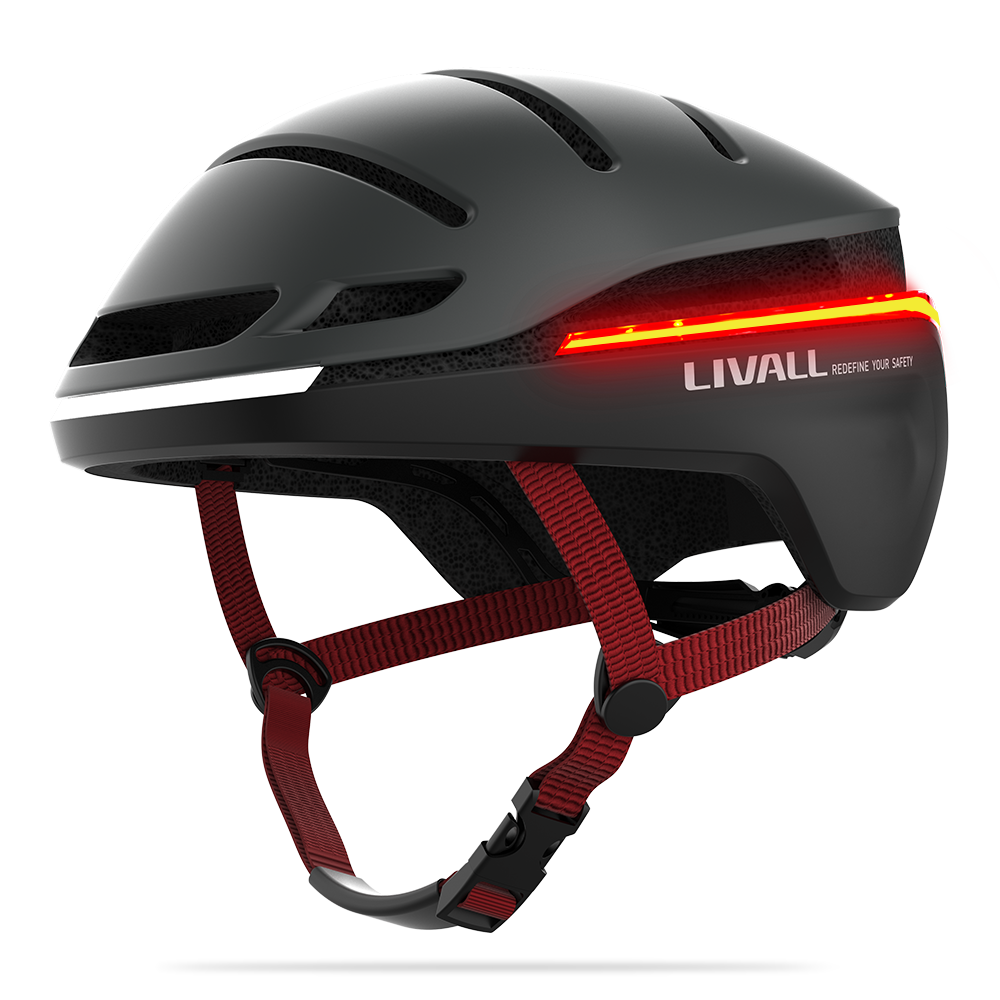
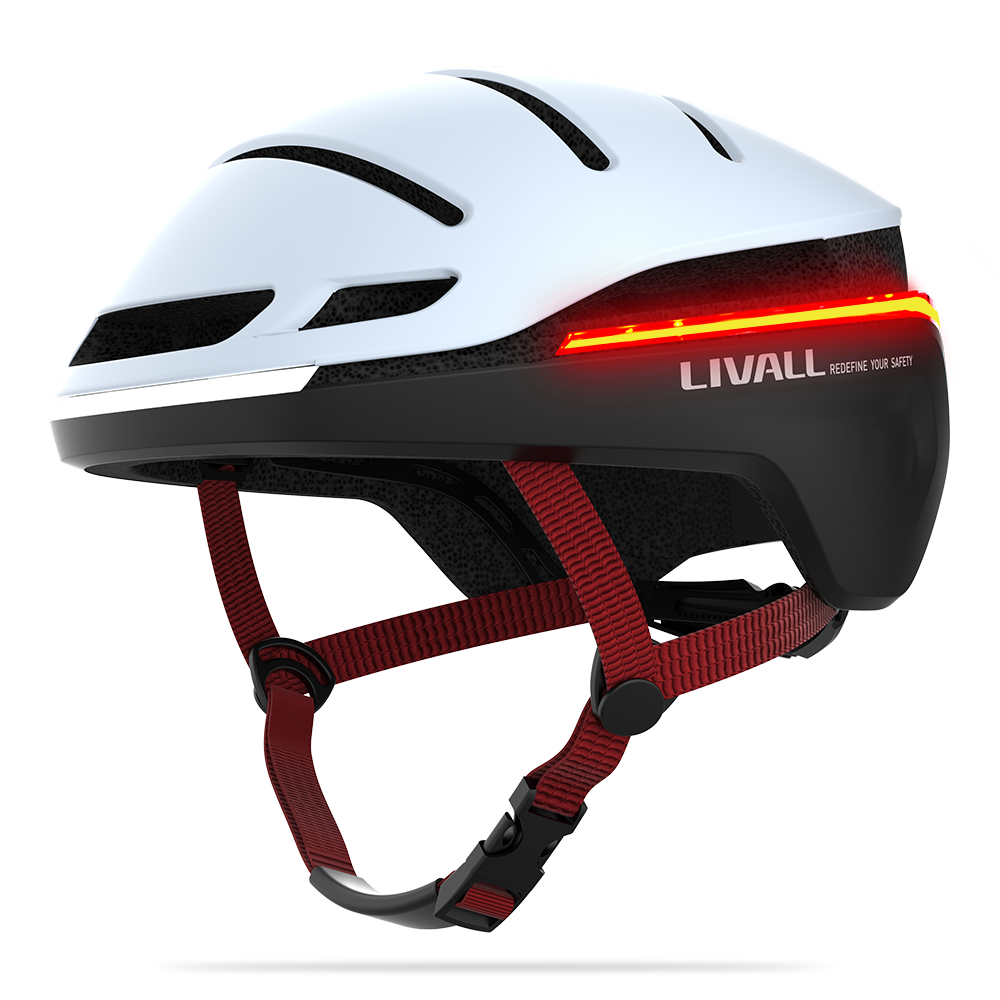
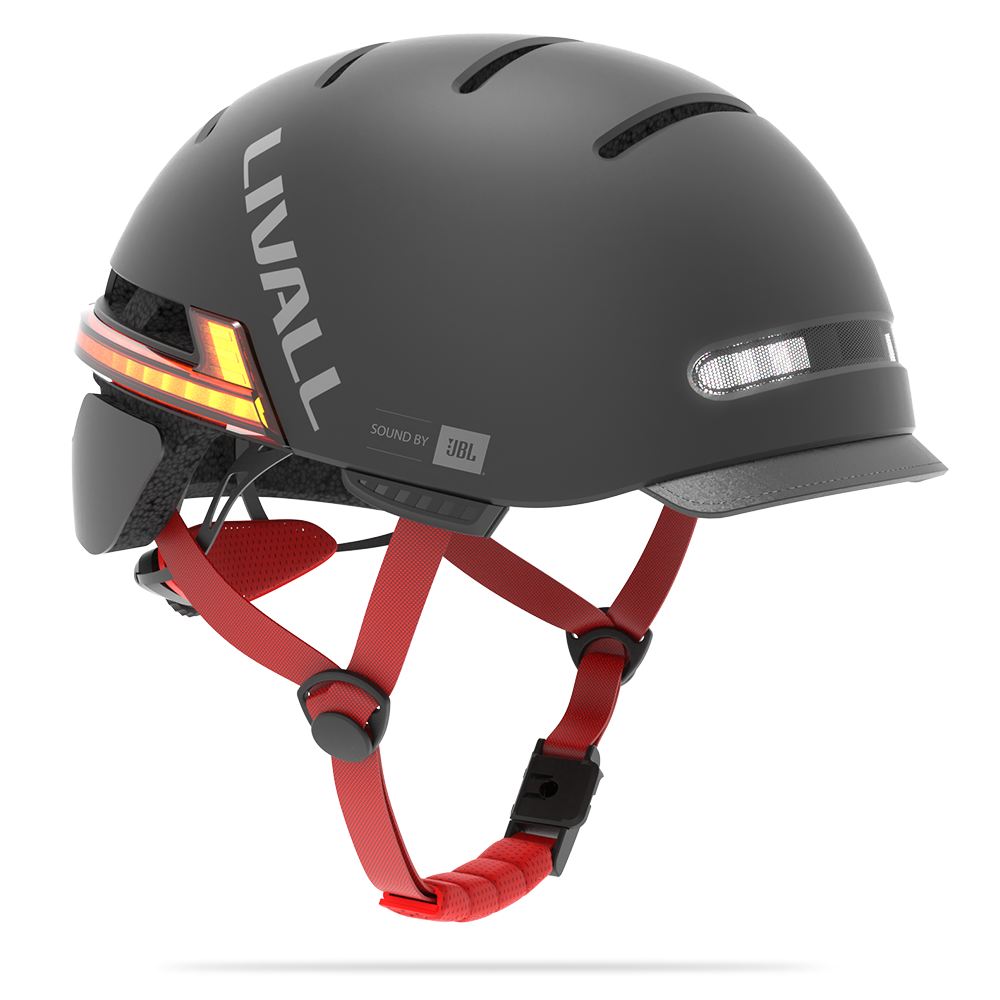
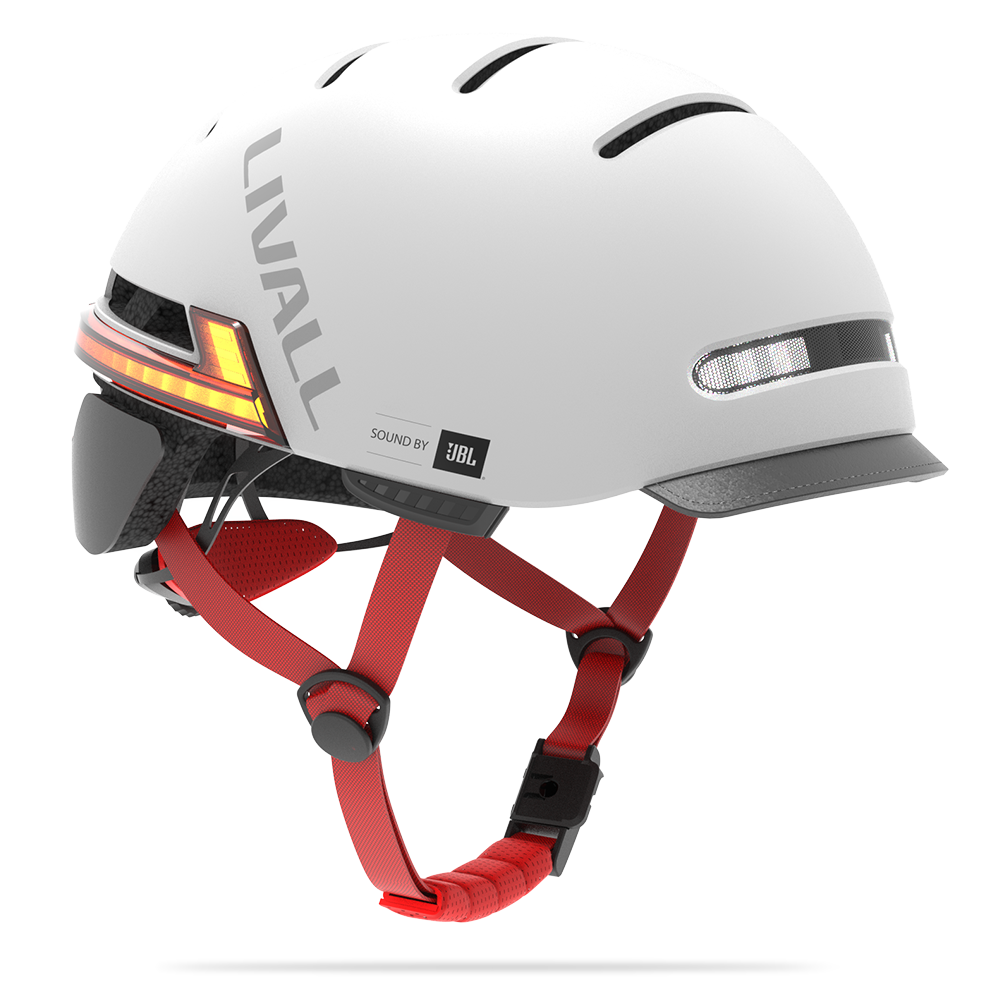

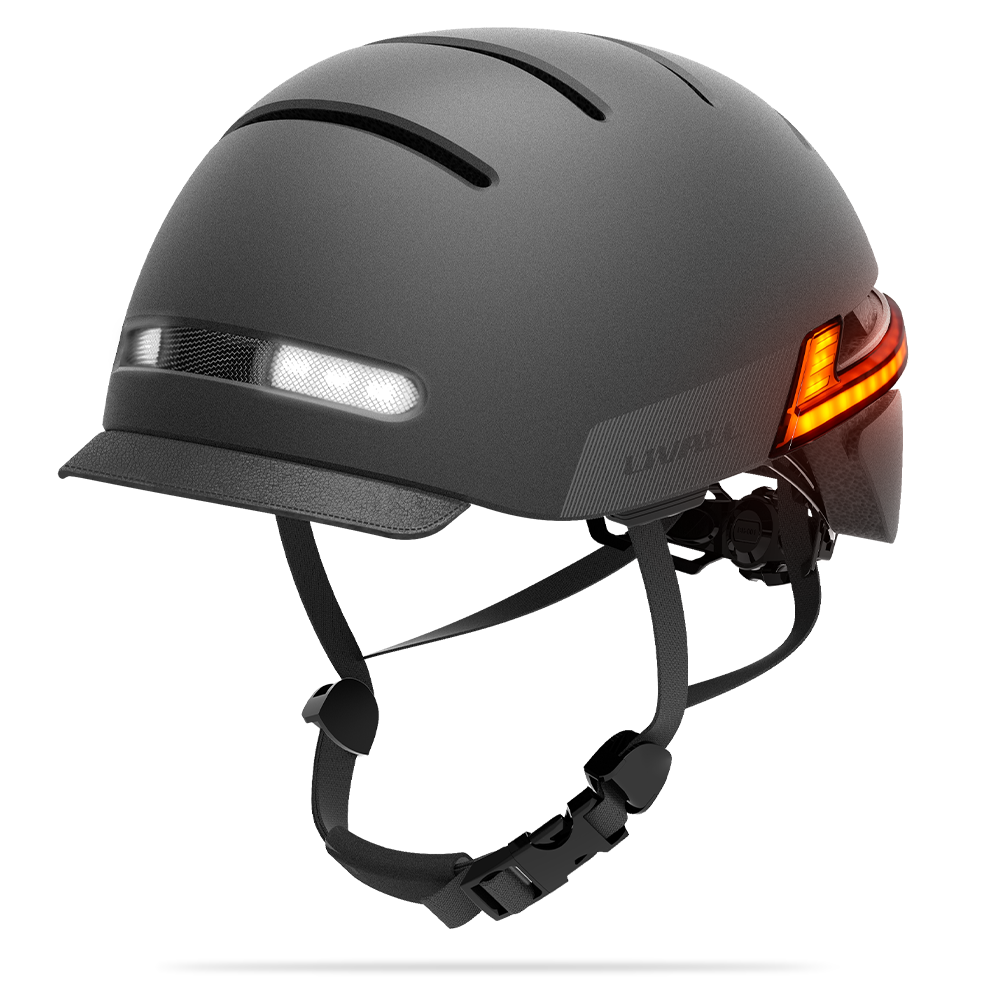
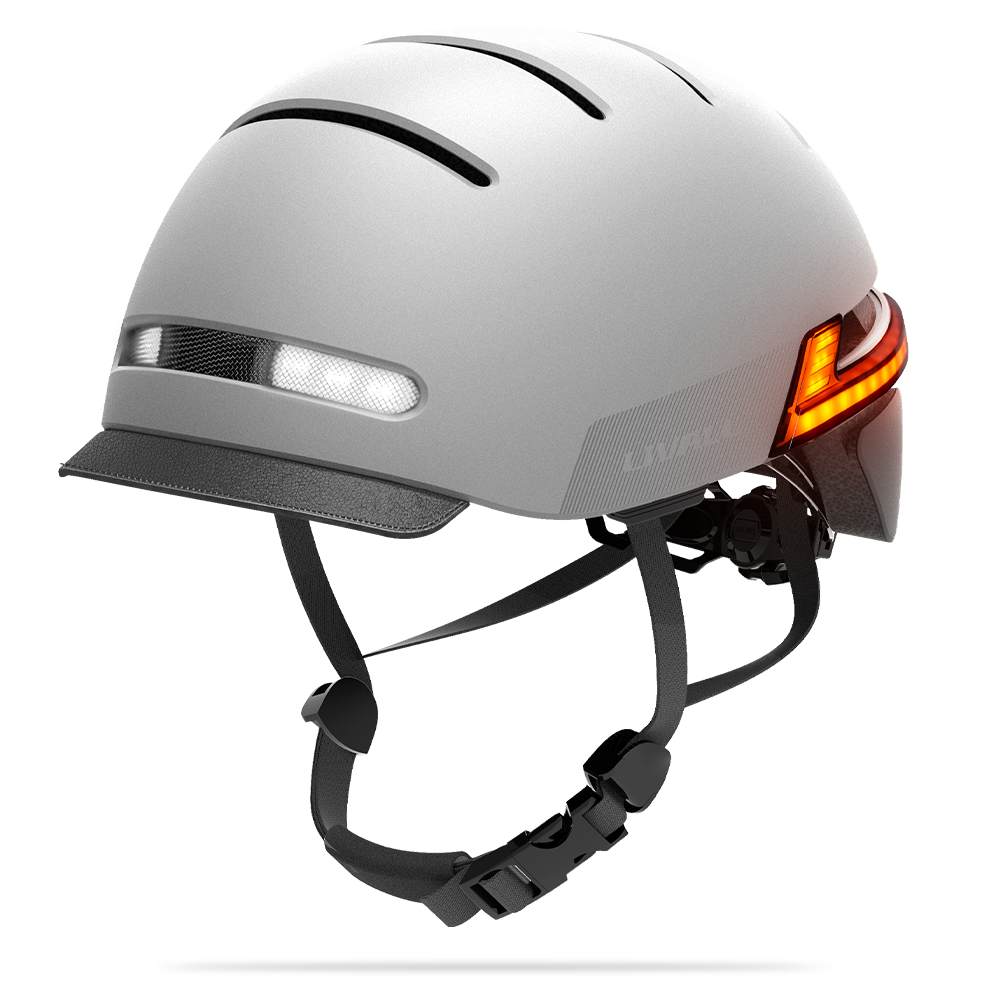
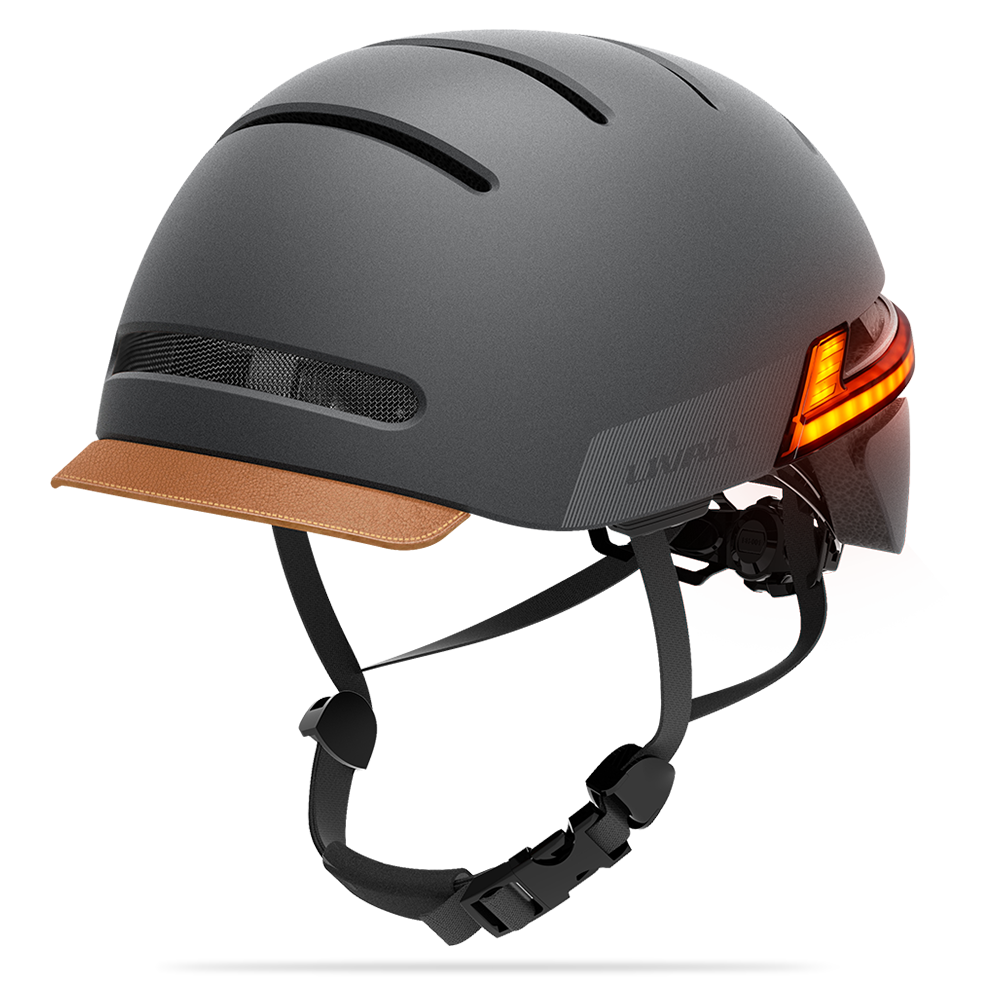

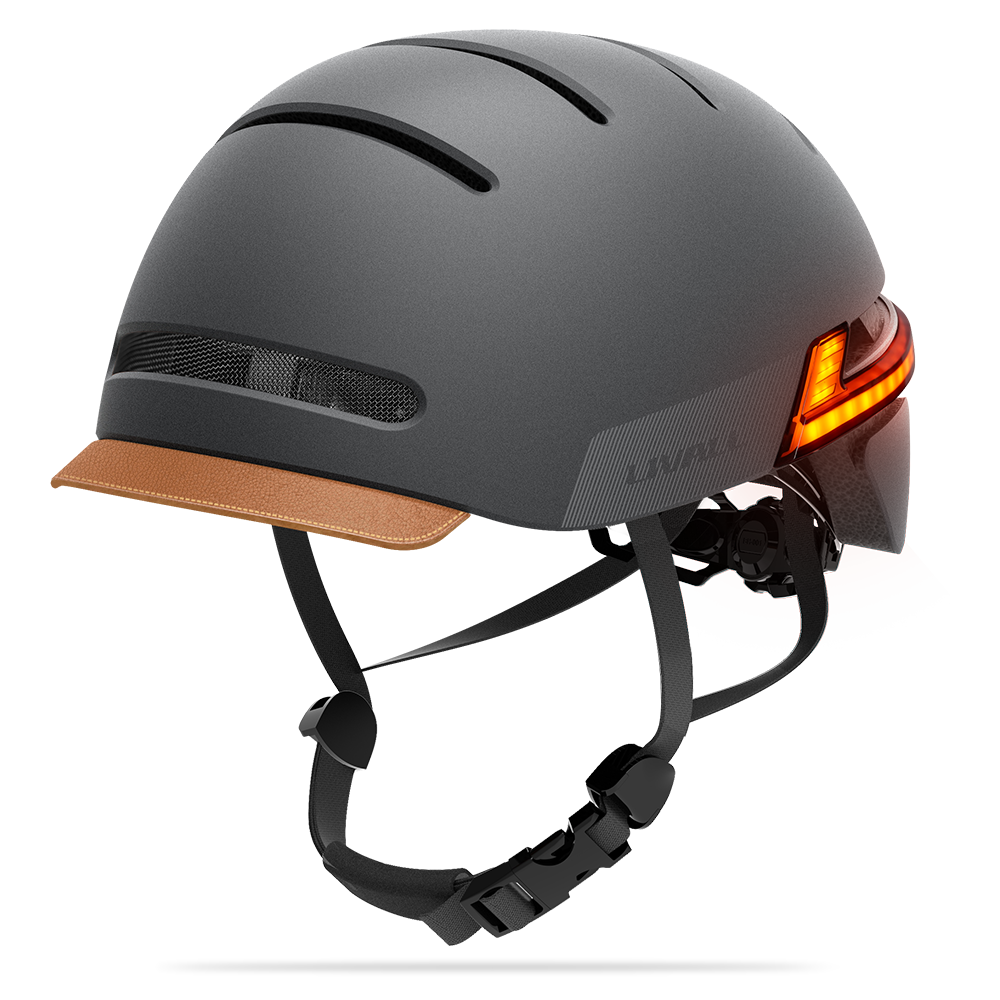
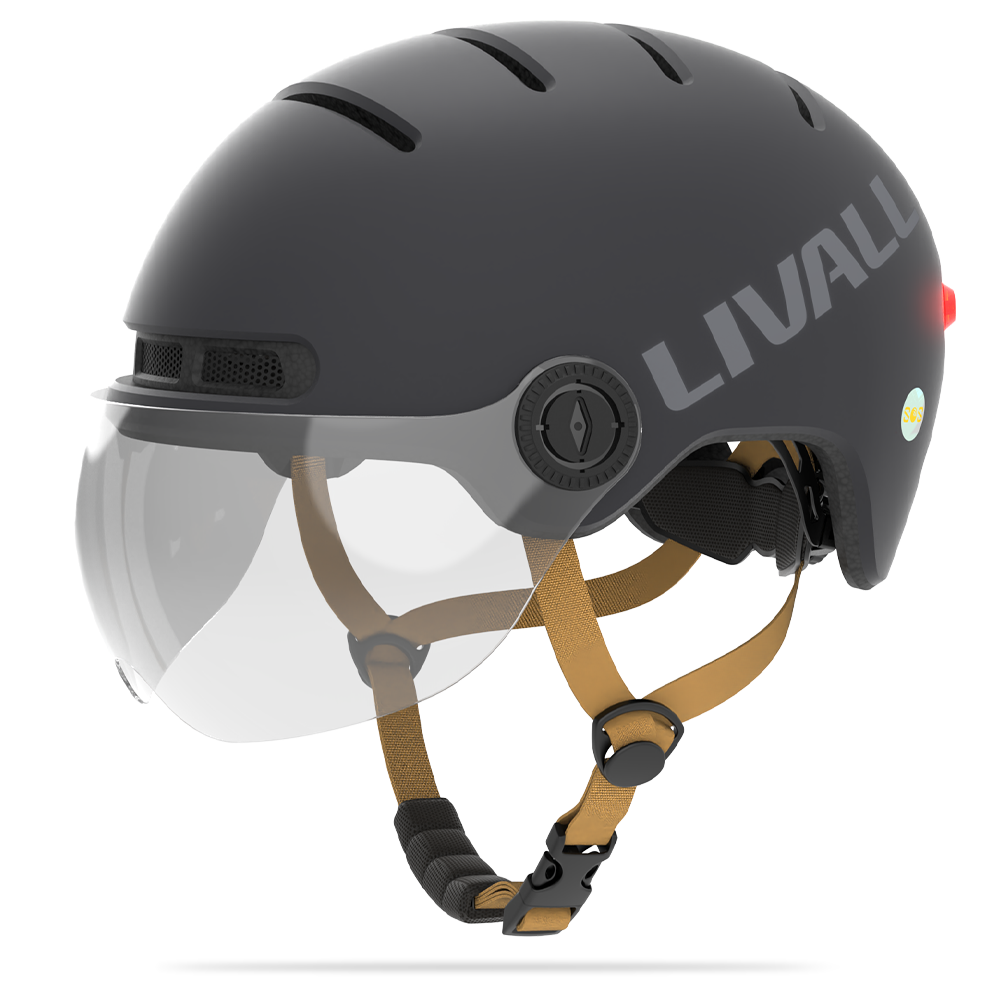
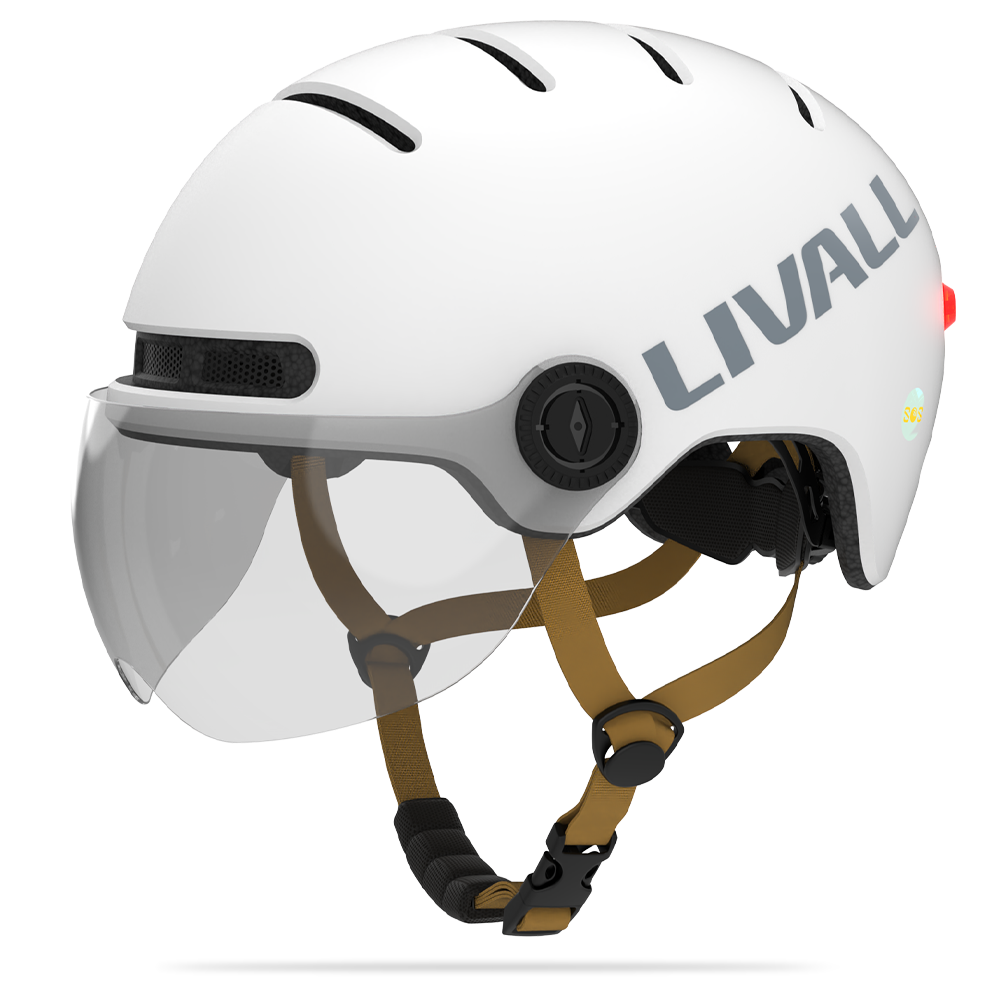
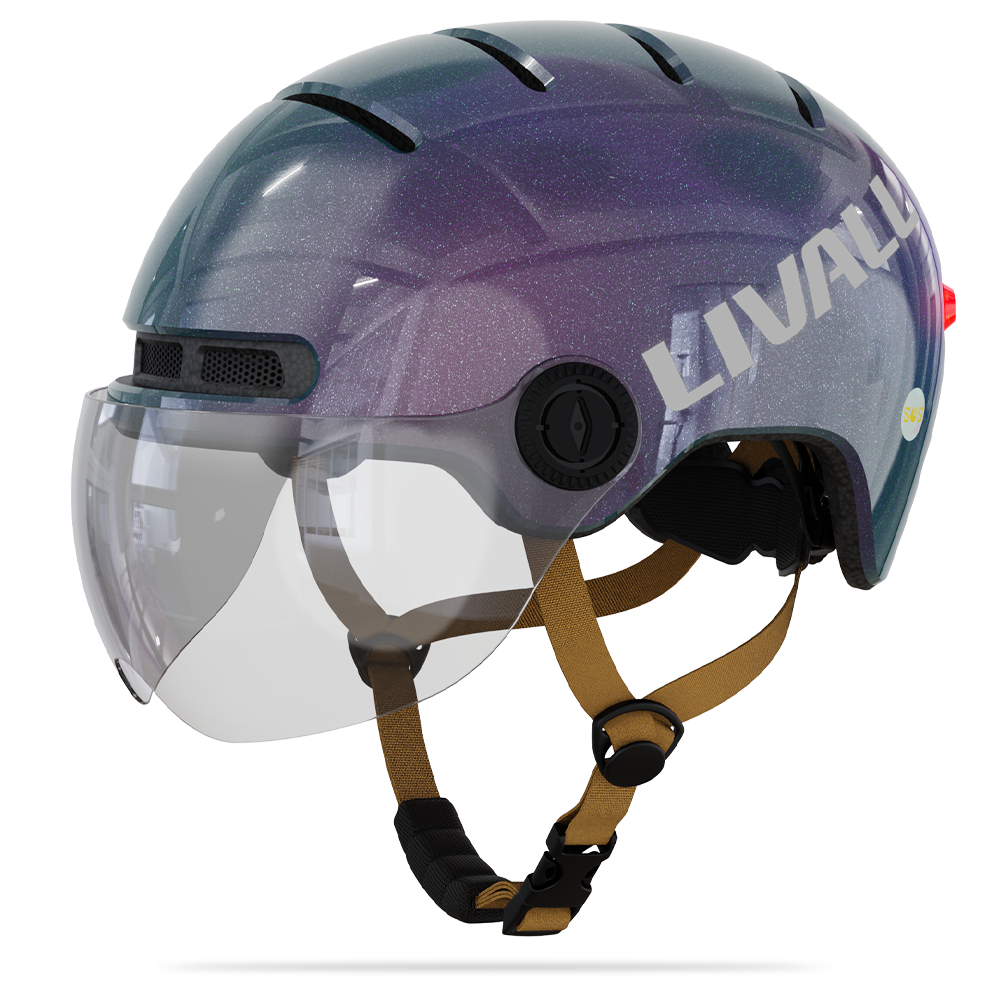
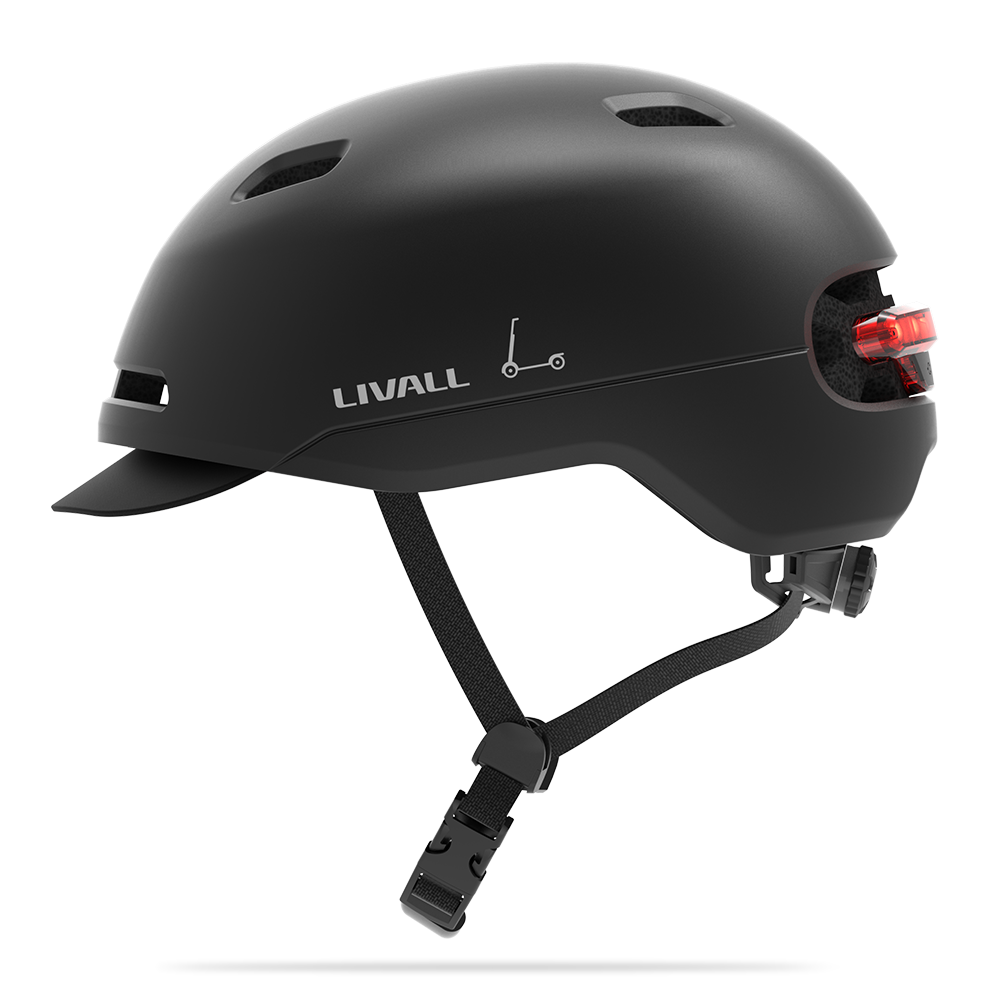
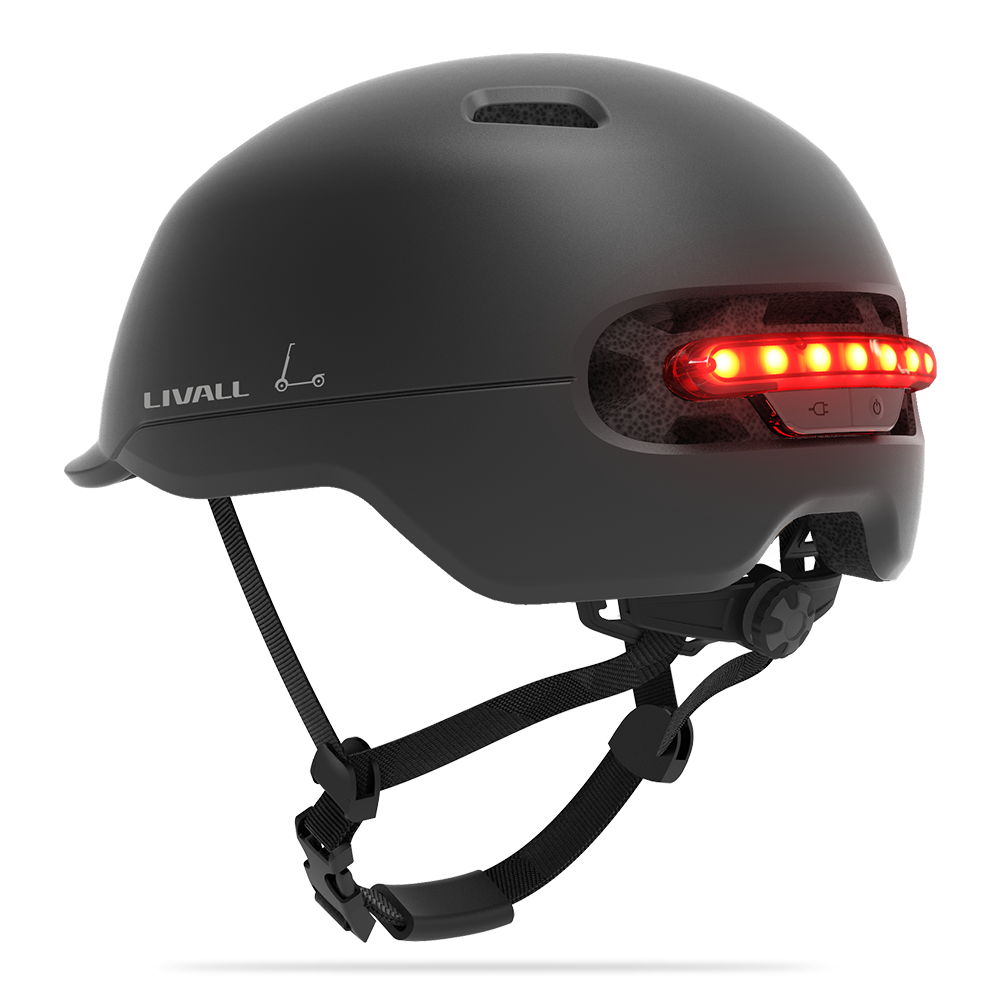
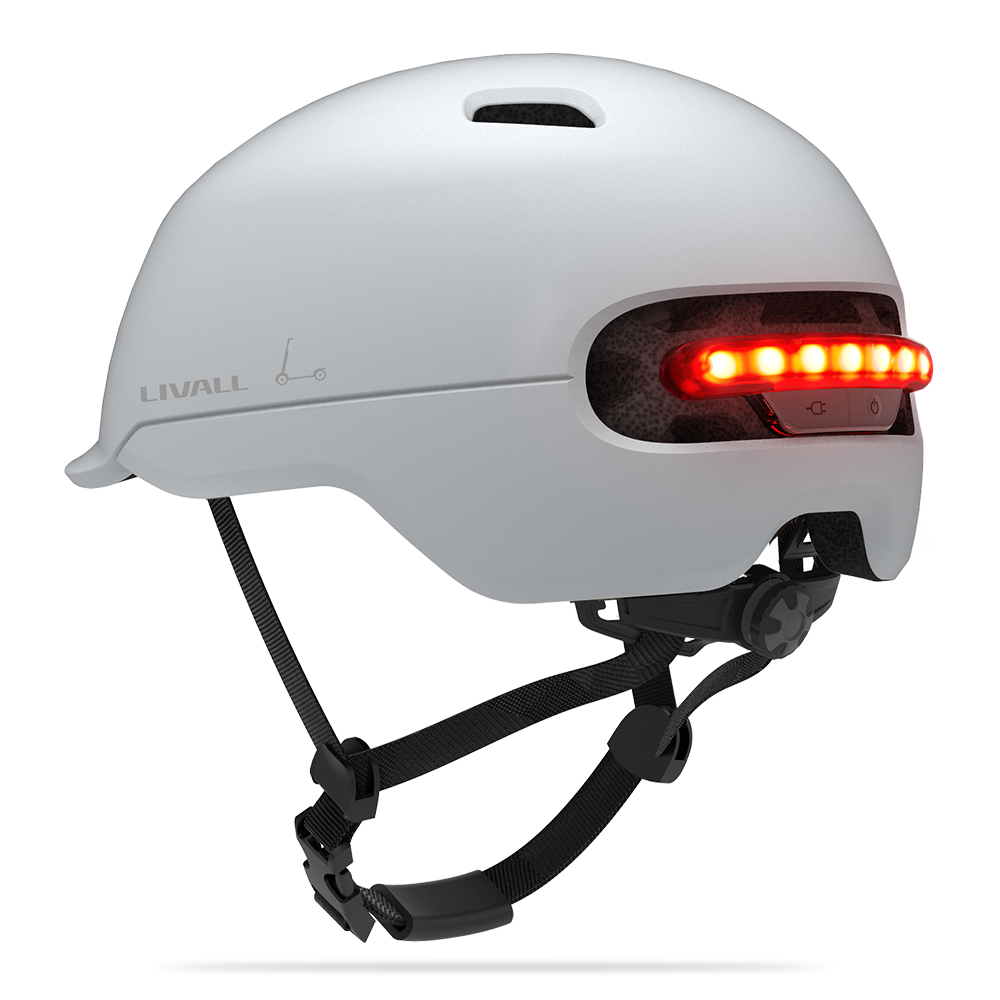
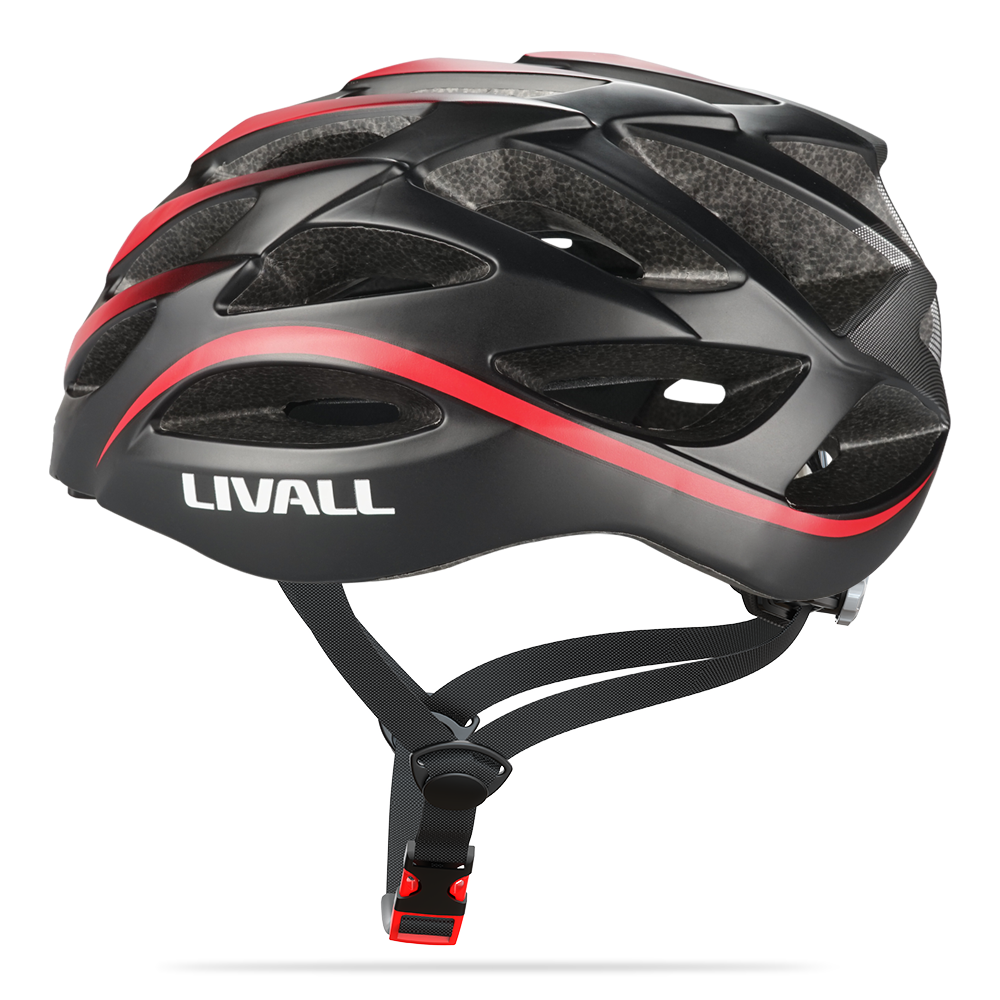
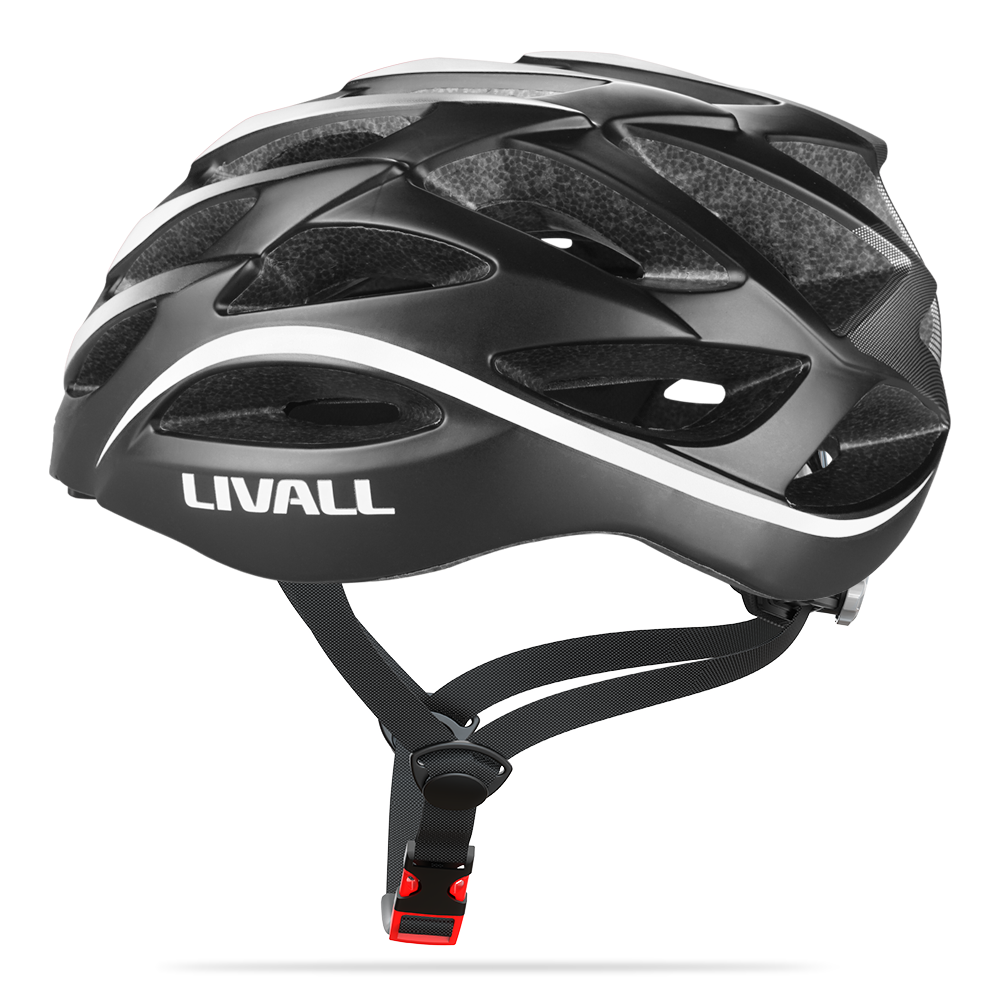
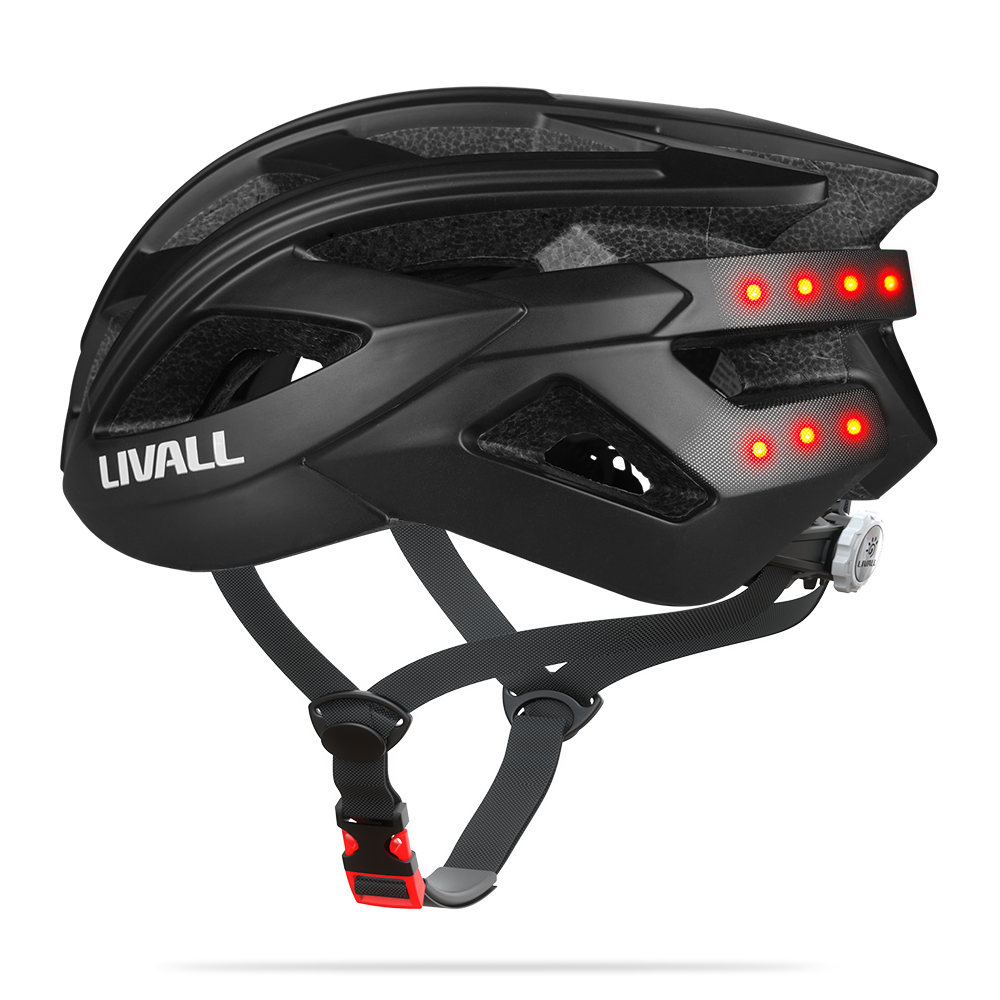
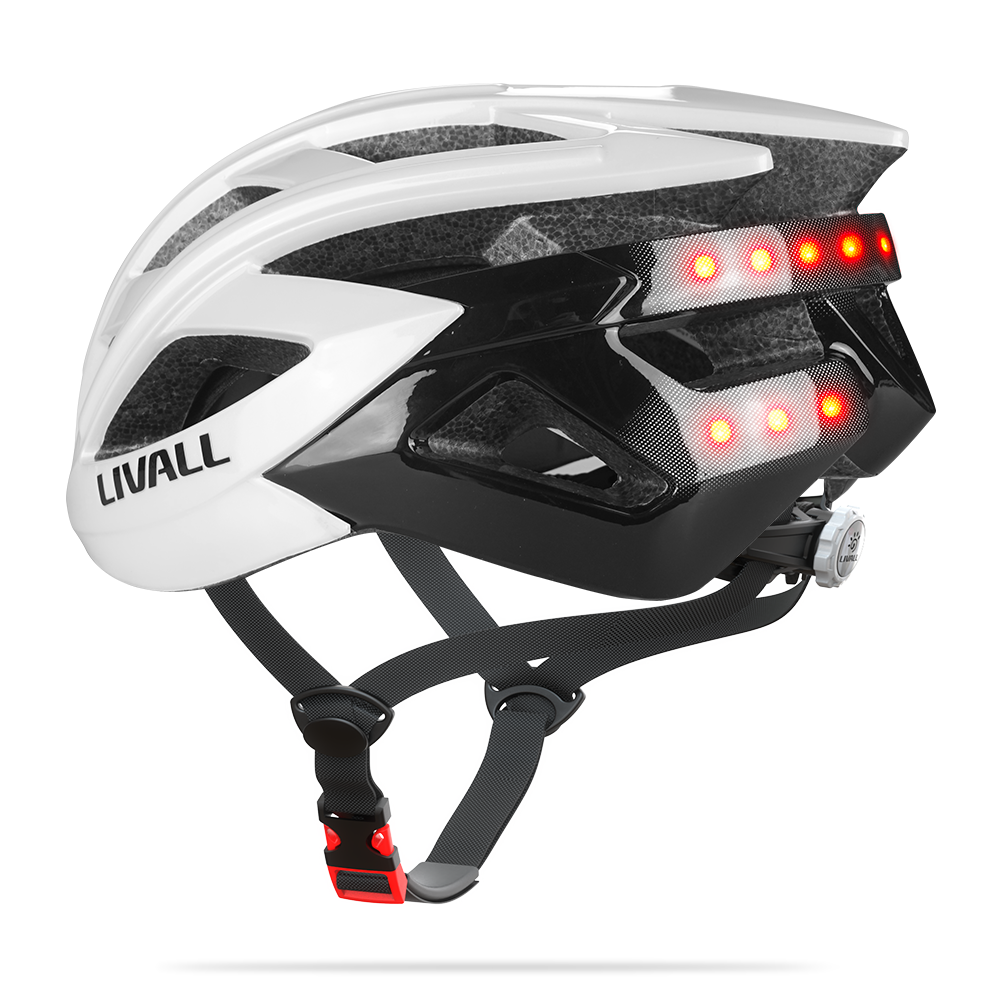
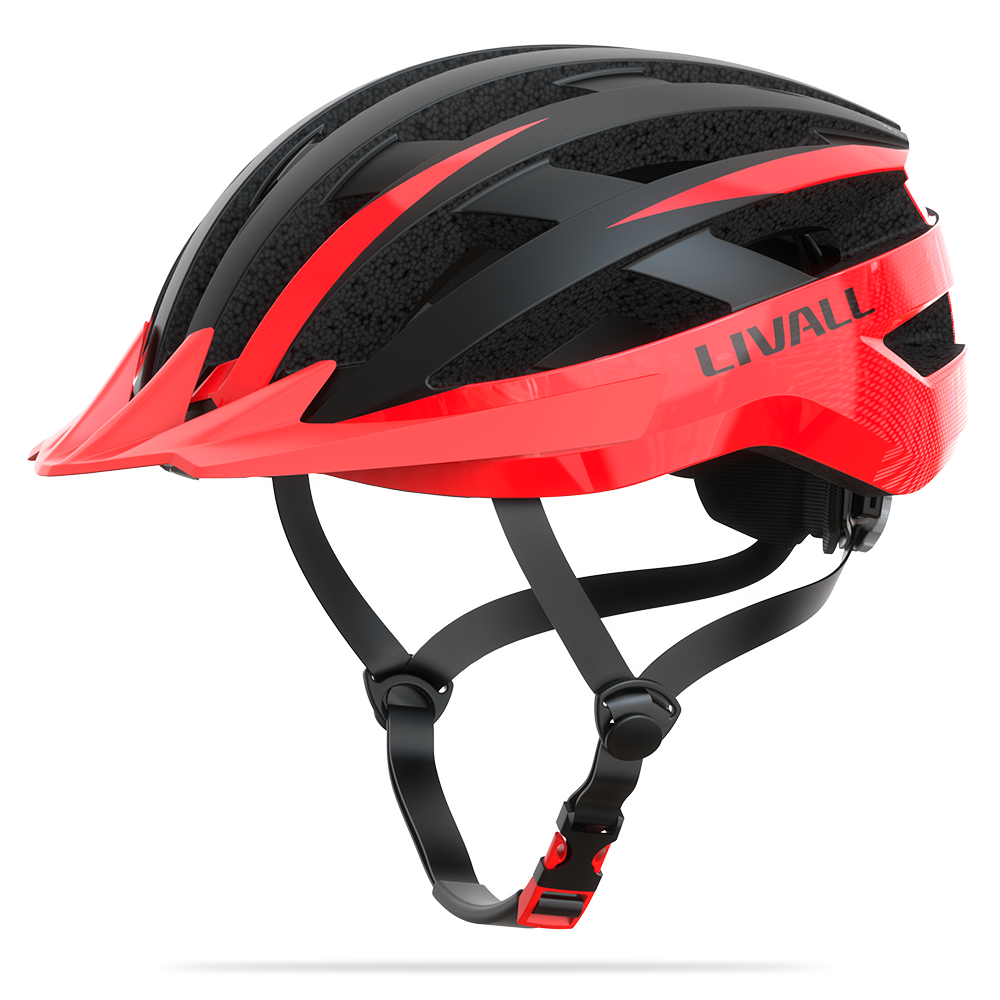
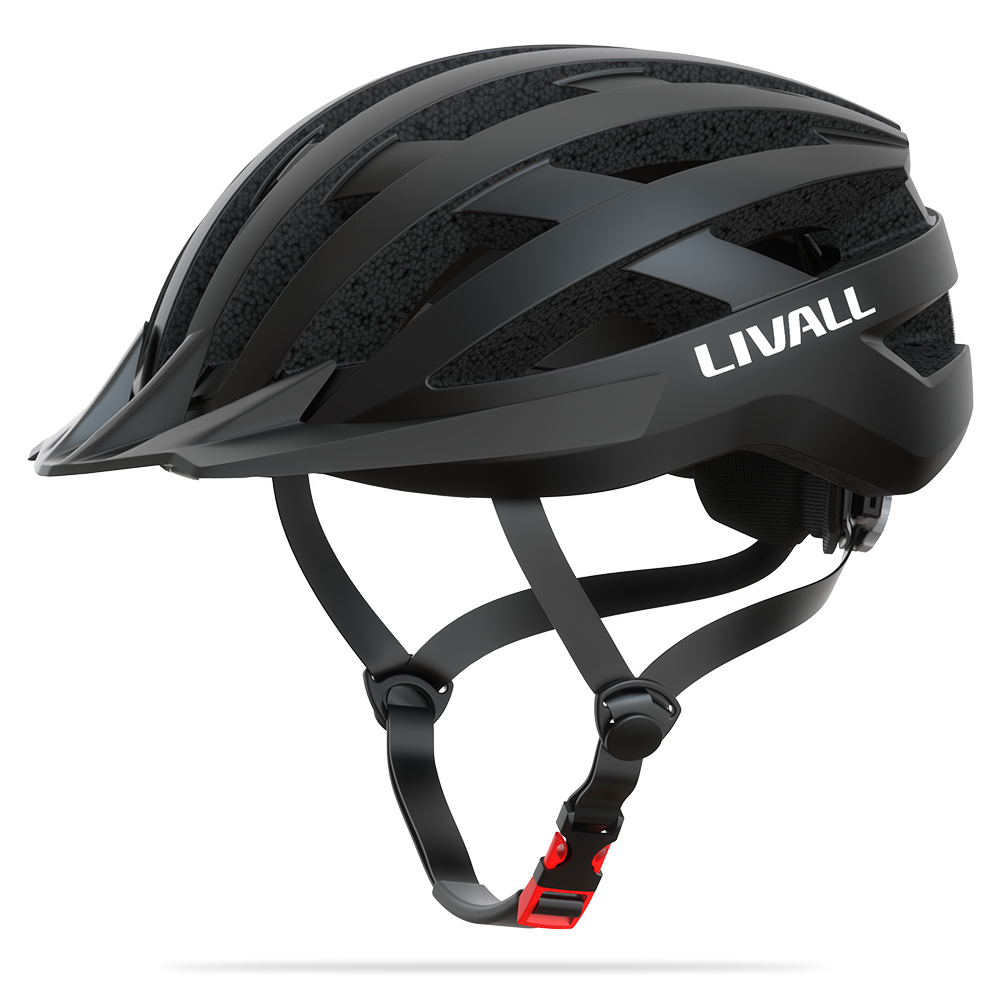
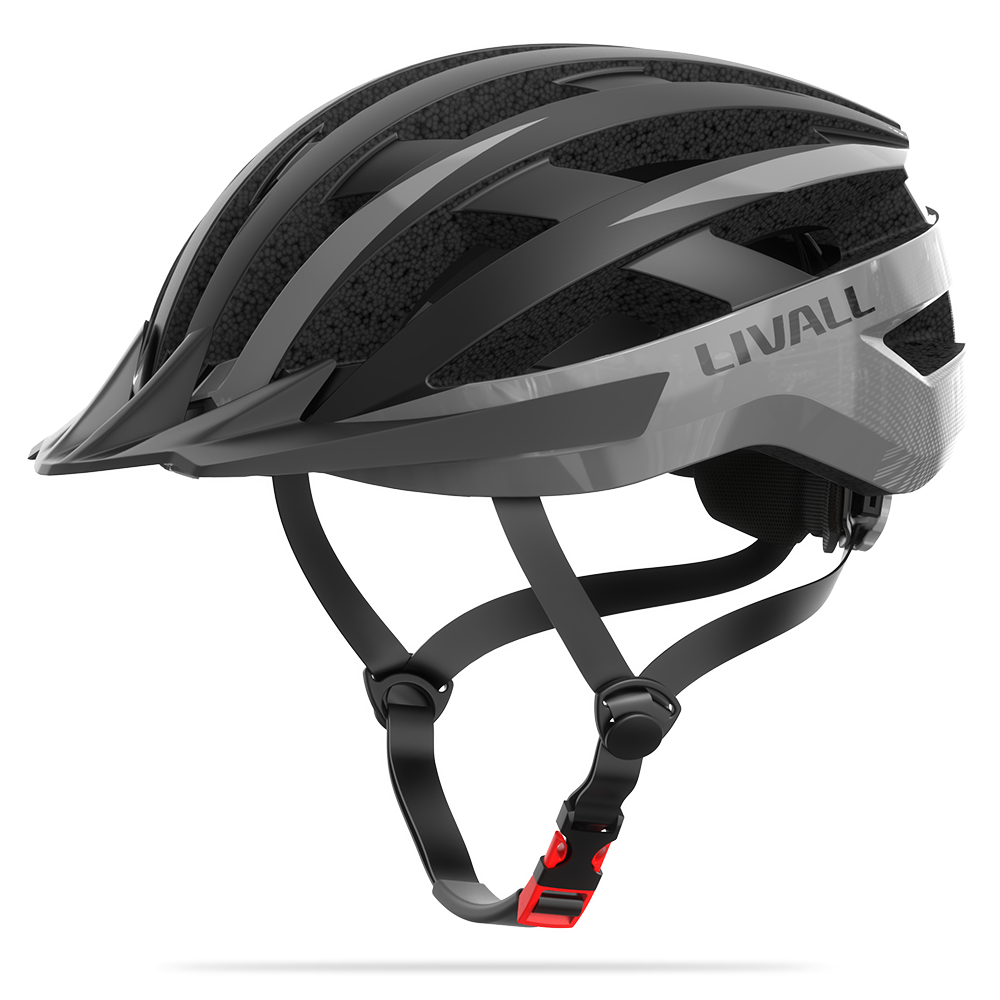
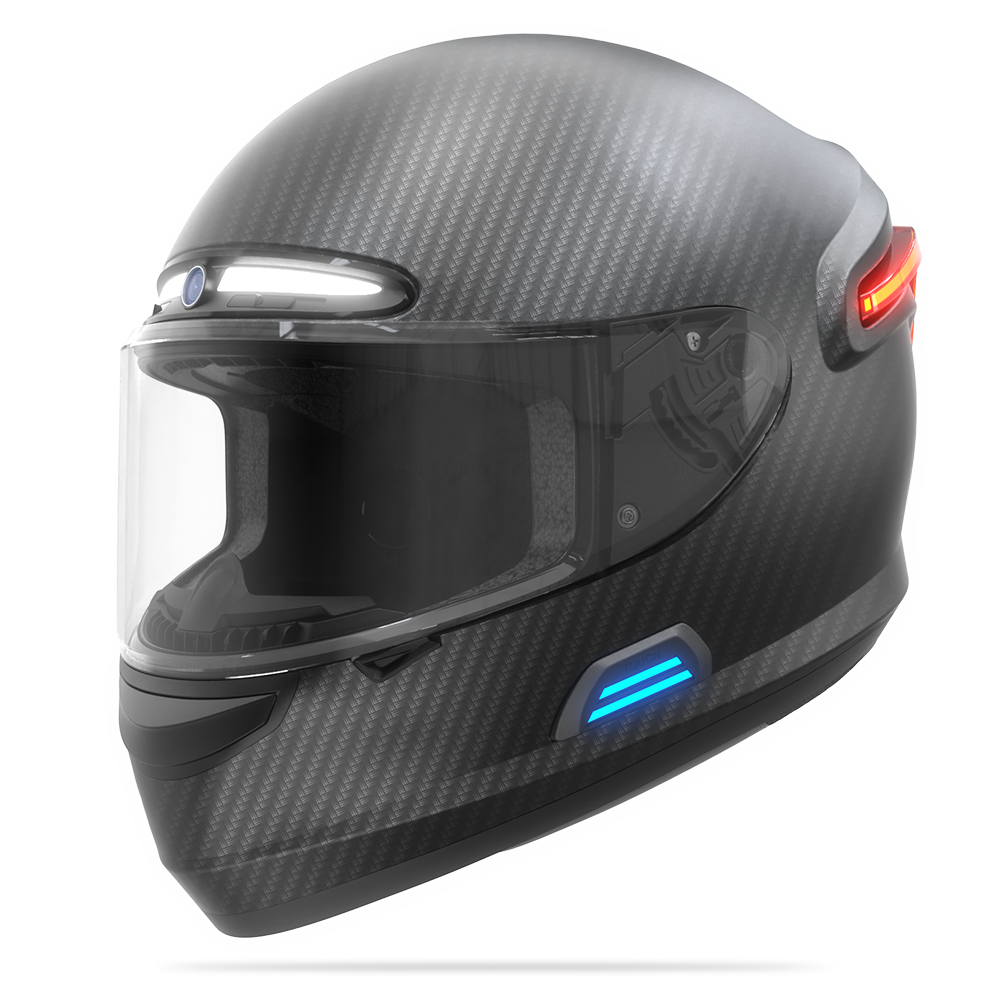
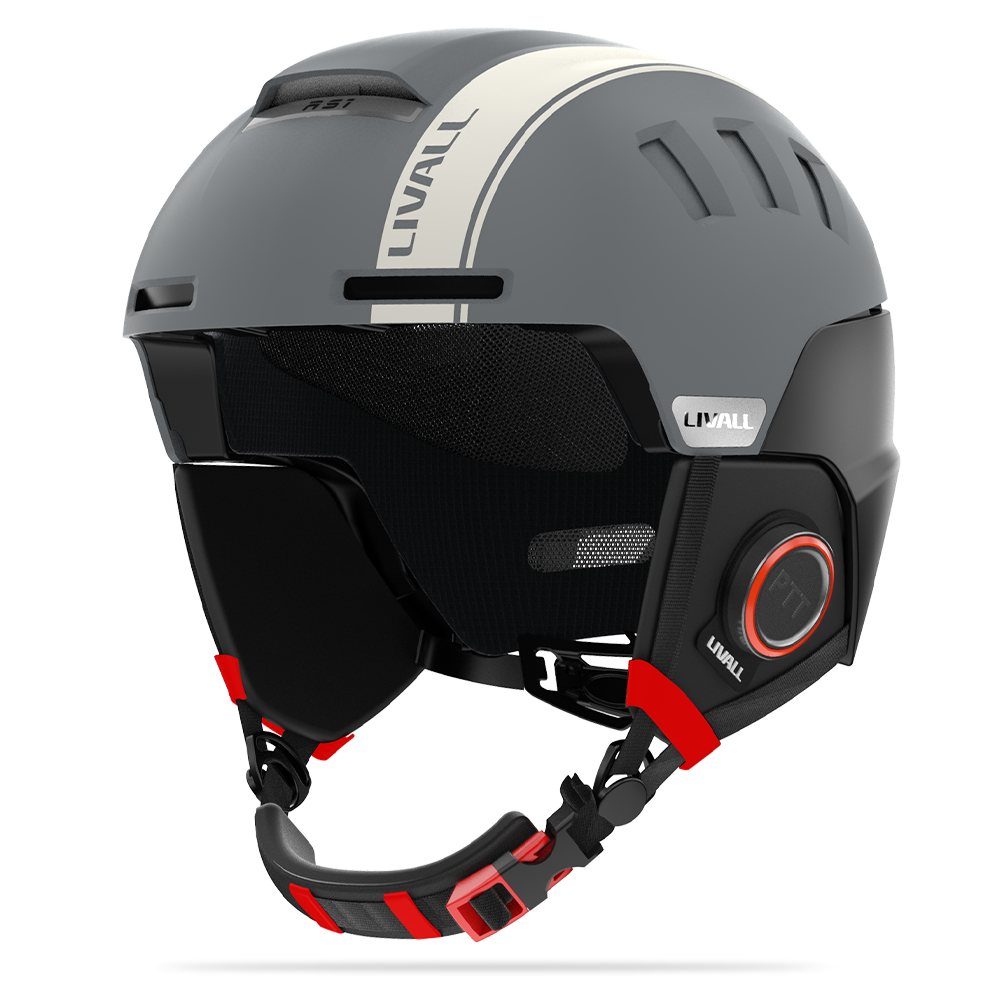

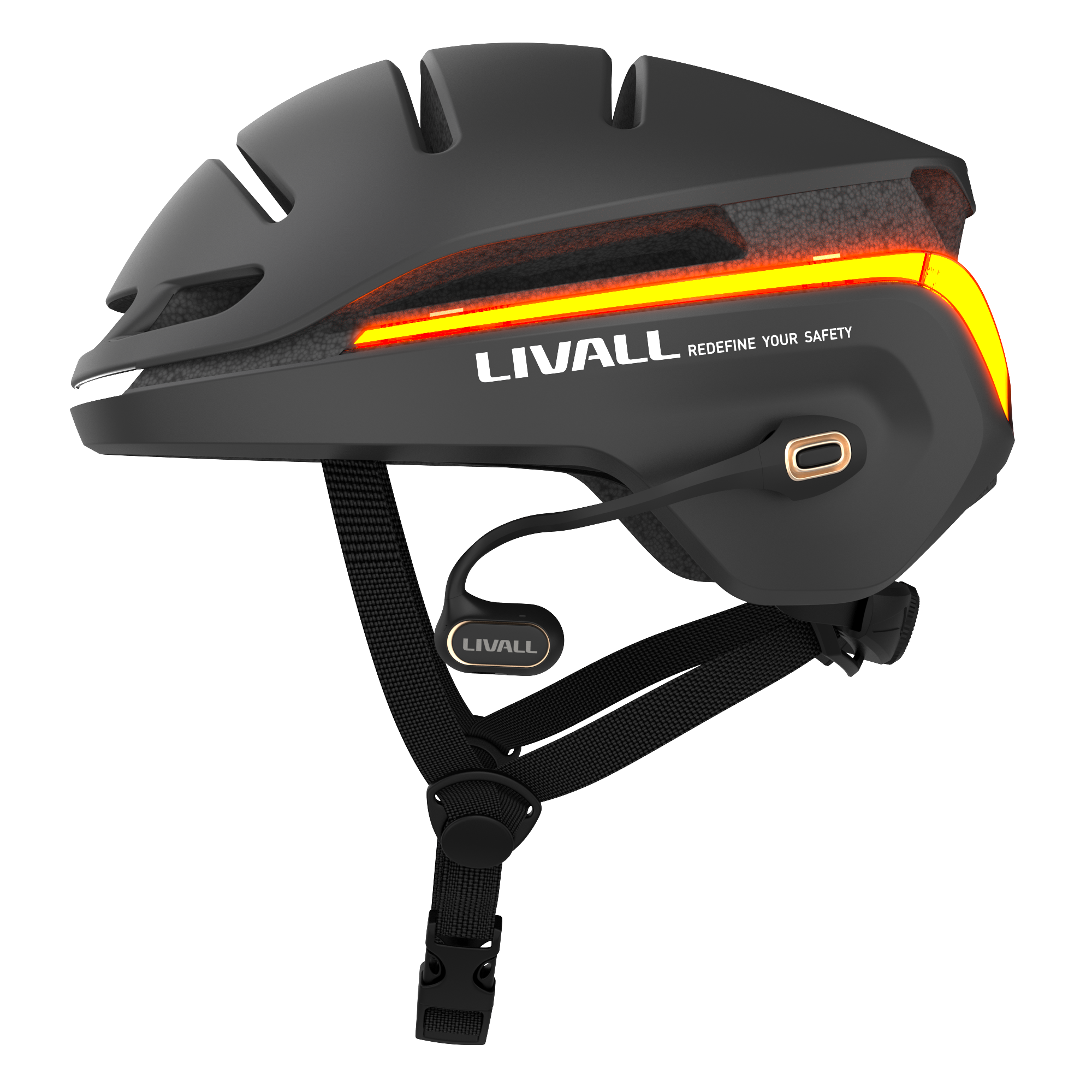
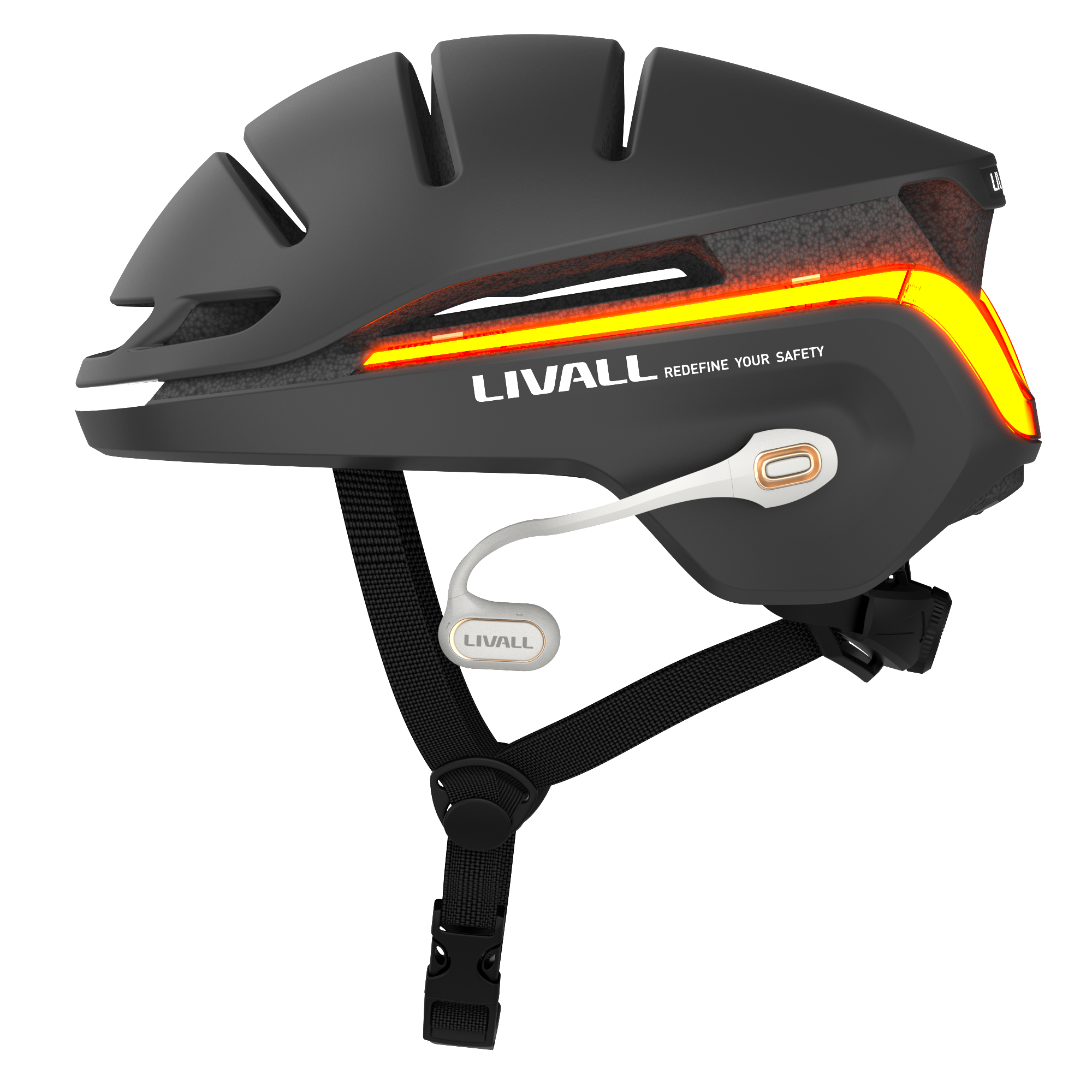


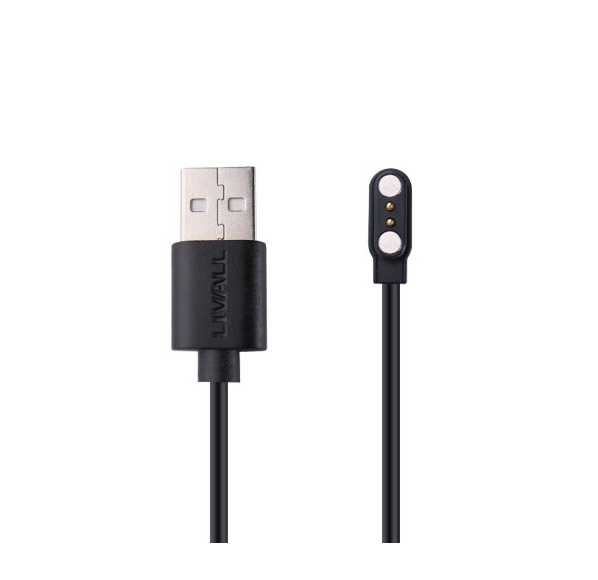


















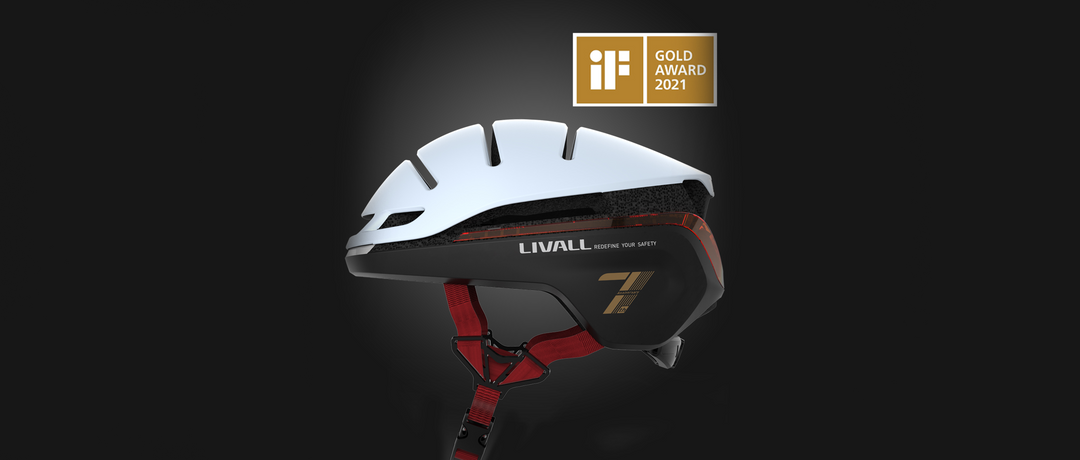

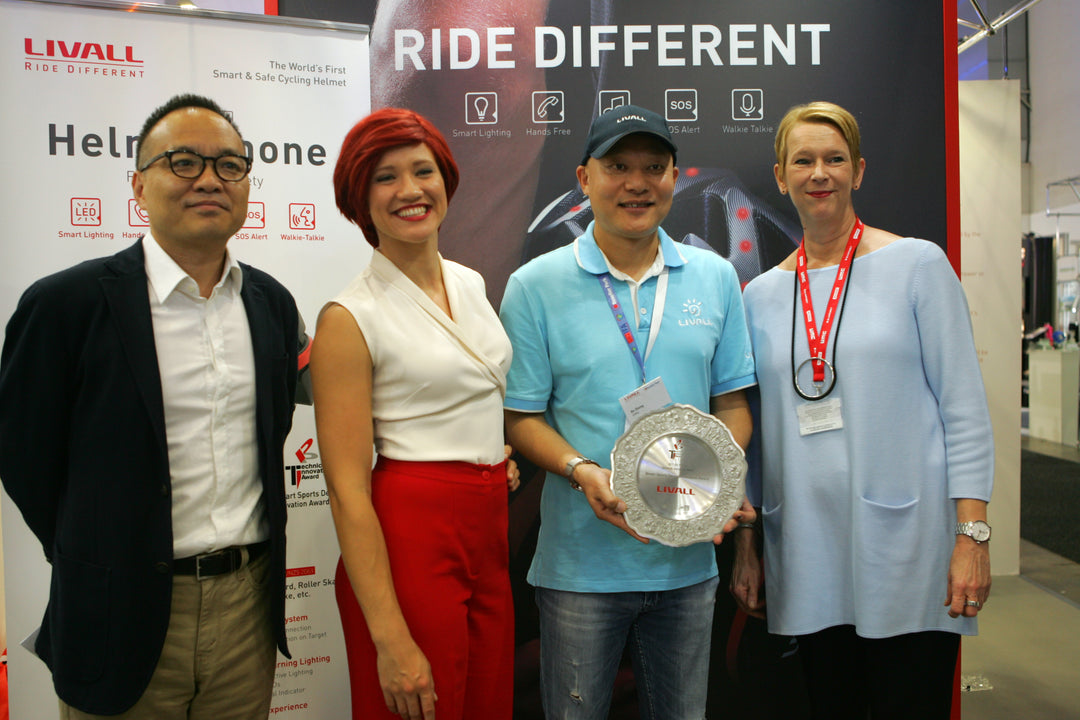

Leave a comment